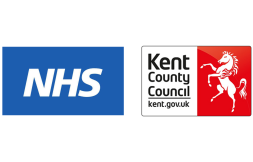Discovering who misses out on health: the example of Indonesia
Using Indonesia as an example, the World Health Organization (WHO) showcases a range of tools for gathering data needed about the health state of all population subgroups including the most disadvantaged. In Indonesia in 2012, immunization programs had eliminated tetanus in three of the sprawling archipelago’s four regions, but lower vaccination rates in the poorest […]
Discovering who misses out on health: the example of Indonesia Read More »
